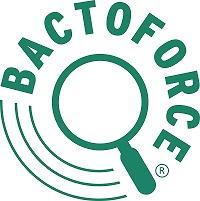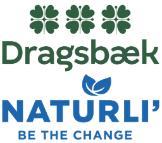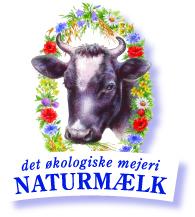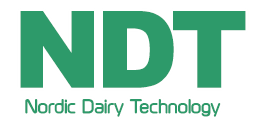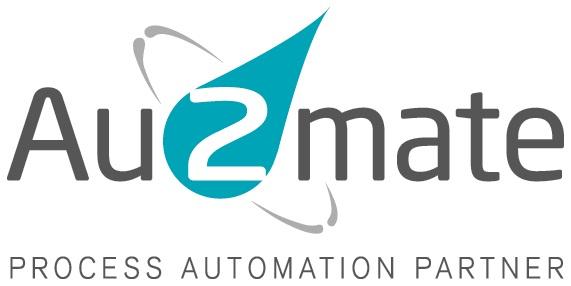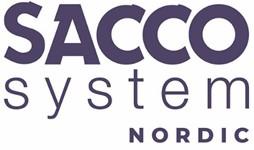
This seminar will delve into the latest advancements in the dairy sector. Distinguished speakers will showcase cutting-edge technologies that are revolutionizing the industry. Discover how these innovations are creating new opportunities for milk by enhancing sustainability, efficiency, cost-effectiveness, while preserving the natural flavor, nutritional value, and functional properties of dairy products.
The seminar will also explore new possibilities for inline analyses, aimed at optimizing time and resources in laboratory settings. Moreover, the latest technologies for controlling and optimizing process and production equipment, which promise significant savings and energy optimization will be displayed. Speakers will also highlight budget-friendly solutions and technologies, ensuring that these innovations are accessible to all.
Finally, a common thread through the seminar will be how these advancements contribute to reaching the climate goals for 2030.
Sign up for the seminar at New technologies – new opportunities for milk | The Event

Product Optimization in the Dairy Industry – From Data to Value
One of the major focus areas in the dairy industry is product optimization through improved measurement and advanced automation.
The technology for inline and online process measurement instruments has matured in recent years and is now more robust with reduced calibration needs compared to previous generations. Combined with digital solutions, this enables high-precision monitoring and control of production from raw material intake to finished product.
By leveraging accurate data and intelligent control, dairies can reduce waste, ensure consistent quality, and optimize yield.
Automation and data integration therefore become key drivers for both sustainability and increased competitiveness – where every decimal in fat, total solids, or protein makes a tangible difference to the bottom line.

Cellular Agriculture – Opportunities and Challenges
Cellular agriculture encompasses both precision fermentation and cultivated milk. Both areas are rapidly evolving. In the case of cultivated milk, udder cells are obtained from slaughtered animals or milk and cultured in the lab. We are investigating whether this enables the cells to express and secrete milk components. Precision fermentation is a well-established technique, but there is growing interest in applying fermentation to food proteins, particularly milk proteins. Depending on the microorganism used as a host, various challenges may arise regarding how the proteins are modified and whether they possess the same functional properties as proteins from cow’s milk—including whether casein micelles can be formed.

Enzymes for viscosity control in high protein dairy
As consumer interest in health and wellness continues to rise, high protein yogurts have become a preferred choice for those seeking convenient, nutritious, functional foods that also taste great. However, delivering a drinking yogurt with high protein levels in combination with a smooth texture and drinkable viscosity poses significant challenges across formulation, ingredient sourcing, processing, and fermentation.
Standard industry approaches often rely on expensive and scarce functionalized dairy proteins to achieve desired drinkable viscosities and at high protein levels. Enzymatic solutions have the potential to solve the challenges in high protein yogurt and can be applied to standard yogurt processes. With the use of specific enzyme, it is possible to control the viscosity of high protein yogurt and reach higher protein concentrations with standard milk protein ingredients, without affecting taste and while improving processability and maintaining a drinkable viscosity in the final product.
Exploring Electrodialysis Technology in Modern Dairy Processing


Electrodialysis is an emerging membrane technology that uses an electric field to separate charged molecules through selective ion-exchange membranes. In the dairy industry, electrodialysis offers new opportunities for demineralisation/mineralisation, peptide/protein fractionation, pH standardisation, etc.. One promising application is acidification without added acids, offering a clean and sustainable alternative to traditional methods. With increasing demand for clean-label processes, electrodialysis represents a strong candidate for the next generation of dairy separation technologies.

SteamRecycle™ for UHT Infusion systems - Step change, sustainable, and away from black fuel
SteamRecycle™ is an innovative heat recovery solution purpose-built for infusion-based UHT processing, enabling dairies to achieve exceptional sustainability gains without compromising product quality. With a market-leading COP of 4, 100% steam recycling, eliminating use of fossil fuel after start up, – a performance level no competitor currently offers – SteamRecycle™ delivers over 1,000 tons of CO₂ reduction annually while significantly lowering water circulation demand by approximately 33 m³/h. Designed by the industry’s leading infusion process technology team at SPX FLOW, it preserves the unique product quality advantages of infusion while drastically cutting energy and utility costs. This first-mover technology is now commercially deployed and represents a major step toward carbon-neutral dairy operations, combining proven field performance with rapid ROI and compliance with global sustainability targets. SteamRecycle™ demonstrates how advanced process engineering can align productivity, profitability, and environmental responsibility in modern dairy manufacturing.

Scaling Dairy Innovation: How Product Development Centres Enable Smarter and Faster Solutions
From concept to commercial scale, dairy innovation is evolving rapidly - and Tetra Pak’s Product Development Centres (PDCs) are at the heart of this transformation. In this session, we’ll explore how our global network of PDC facilities helps dairy producers test new recipes, validate processing technologies, and optimize formulations with speed, precision, and sustainability in mind.
Whether you're developing high-protein yogurts, creamy low-fat ice creams, or rethinking filtration and heat treatment processes, PDCs offer a unique environment to simulate real production conditions, reduce waste, and accelerate time-to-market. With advanced analytical tools like rheology labs and databases, we support smarter use of food and more efficient process design.
Join us to discover how PDCs are helping the dairy industry meet rising consumer expectations and climate goals - while unlocking new opportunities for growth.

Sustainable Solutions as Growth Drivers: GEA’s path to more resource-efficient dairy production
GEA will present how innovative technologies are driving growth and transformation in the dairy industry. The session will highlight GEA’s latest solutions that enhance resource efficiency while supporting the industry’s decarbonization goals through initiatives such as Mission 30.
With innovations that reduce energy use, emissions, and water waste, GEA is helping customers achieve more with less. The TÜV-certified “Add Better” ecolabel identifies technologies that deliver verified resource-efficient solution attributes compared to their predecessors—from industrial machines and processes to digital solutions to entire plants. Through the Add Better Consulting Service, GEA provides lifecycle analyses and carbon footprint assessments, making resource efficiency both measurable and profitable. In short, GEA’s commitment to resource-efficient dairy production is not only reducing environmental impact—it’s reshaping the economics of sustainable growth.
For example, the GEA AddCool® system is already cutting CO₂ emissions by around 1,500 tons per year at a large dairy company.
Beyond equipment, GEA empowers the dairy processing industry to test and optimize new processes in its many centers located globally.




